Letters to the Editor
Readers’ thoughts on news of the day.
MoreNov-Dec 2023
Readers’ thoughts on news of the day.
MoreOverview of November-December 2023 Issue.
More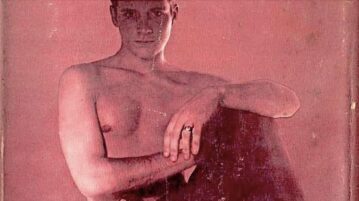
By Michael Rosenfeld: Eekhoud’s reputation as a defender of same-sex love was firmly established after his acquittal in 1900 and he created a network of European queer intellectuals that included Oscar Wilde, Magnus Hirschfeld, André Gide, Edward Carpenter, Rachilde, Jacob Israël de Haan, Eugen Wilhelm, Karl von Levetzow, Elisàr von Kupffer, and others. Together, they discussed queer love in their works and helped each another to find editors and journals in which to publish.
More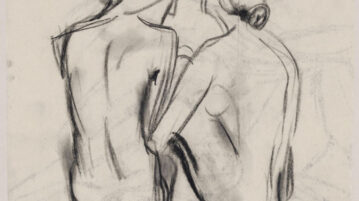
According to official records, Gertrude Sandmann no longer existed in 1943. Other Jews had fled or been murdered, but she was still alive in Berlin.
More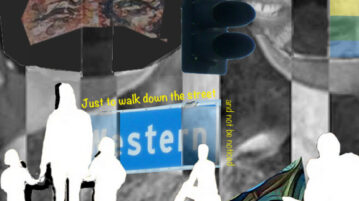
The phrase “gay privilege” may conjure images of velvet mafiosi clinking glasses at a bisexual billionaire’s swank Hampton digs, but I came to know an extremely specific and rare manifestation of it at the worst moment of my life. It was right after I had been arrested. A
More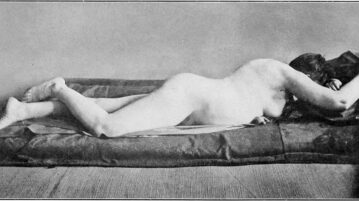
BY DAY, the pseudonymous Jennie June lived a respectable, middle-class life in early 20th-century New York. By night, he traipsed through the shadows of working-class communities as a woman, cruising soldiers and other trade. If he’d been born a century later, he might have seen himself as a trans woman or nonbinary person, but in the language of his era he identified as a “passive invert,” a “Uranian,” a “fairy,” a “boy-girl,” or an “androgyne” …
More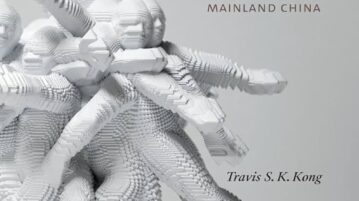
SEXUALITY and the Rise of China, by Travis S. K. Kong, reminds me of two books that I reviewed in these pages in 2015: Petrus Liu’s Queer Marxism in Two Chinas, and Tiantian Zheng’s Tongzhi Living: Men Attracted to Men in Postsocialist China. Like the latter, it is based on interviews—in Kong’s case, with ninety subjects in Hong Kong, Taiwan, and mainland China. And, as in Tongzhi Living—tongzhi. which once meant “comrade,” increasingly refers to gay men in Chinese—excerpts from the interviews are by far the liveliest portion of the book. The rest is sociology.
More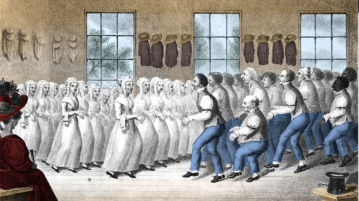
For men, the benefits of entering a celibate community are less clear—unless the men were reluctant to engage in vaginal sex in the first place. Some Shaker men could not separate the idea of sex from sin and were willing to live apart from their wives in return for the promise of a heavenly reward. For men who felt little or no desire for women, however, the Shaker life offered the opportunity to live in a community where interaction with females would be only intermittent, and highly regulated. Instead, they would live in intimate communion with other men
More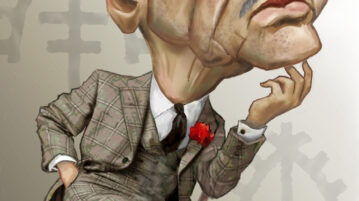
In The House of Doors, Tan skillfully mirrors that competent, lucid style. There are no frilly flights of descriptive prose, no subplots, no psychological probing, no distractions from the rather simple plot: A famous writer travels to an exotic land to collect tales from the natives and writes a collection of six stories that tell those tales. Lesley’s telling of the Proudlock murder trial story unfolds like any straightforward detective story. Thus, in both content and writing style, Tan has paid homage to Maugham as one of the masters of unadorned prose.
More